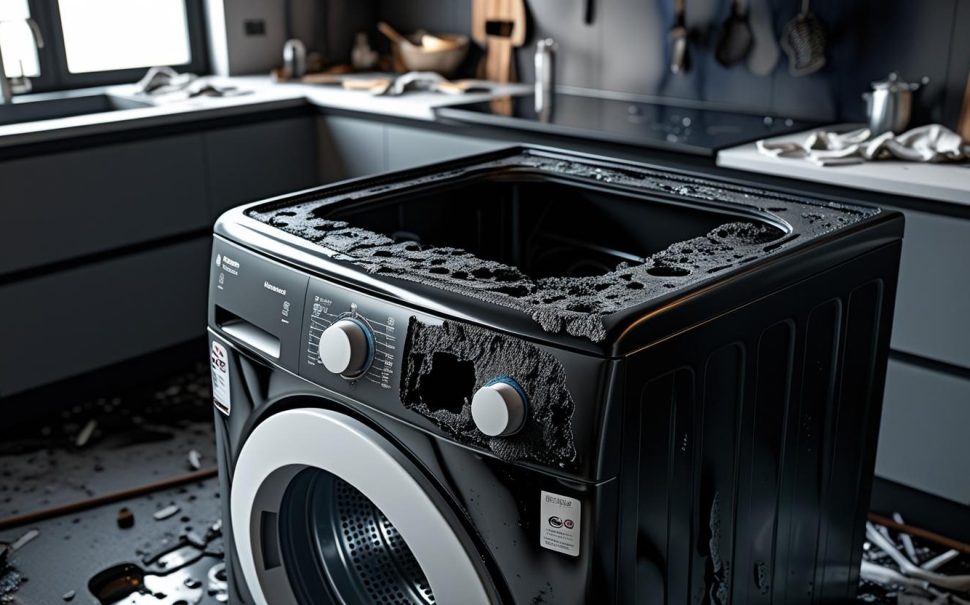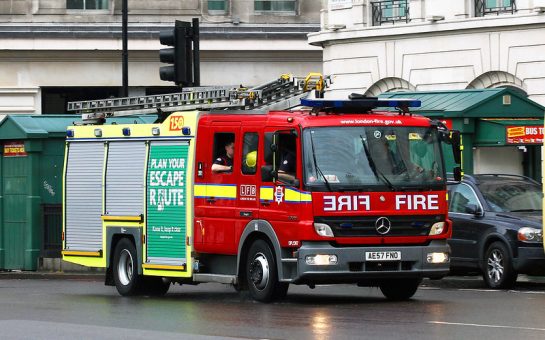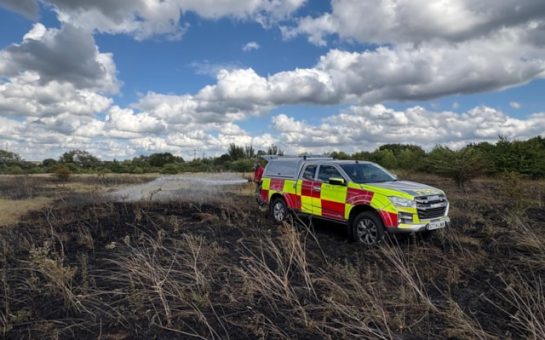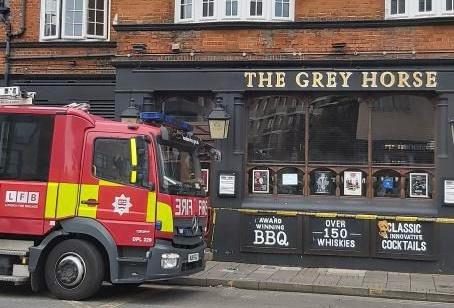Washing machines caused the most white good fires in London in 2024, according to London Fire Brigade data, highlighting growing concerns over appliances safety in homes across the capital.
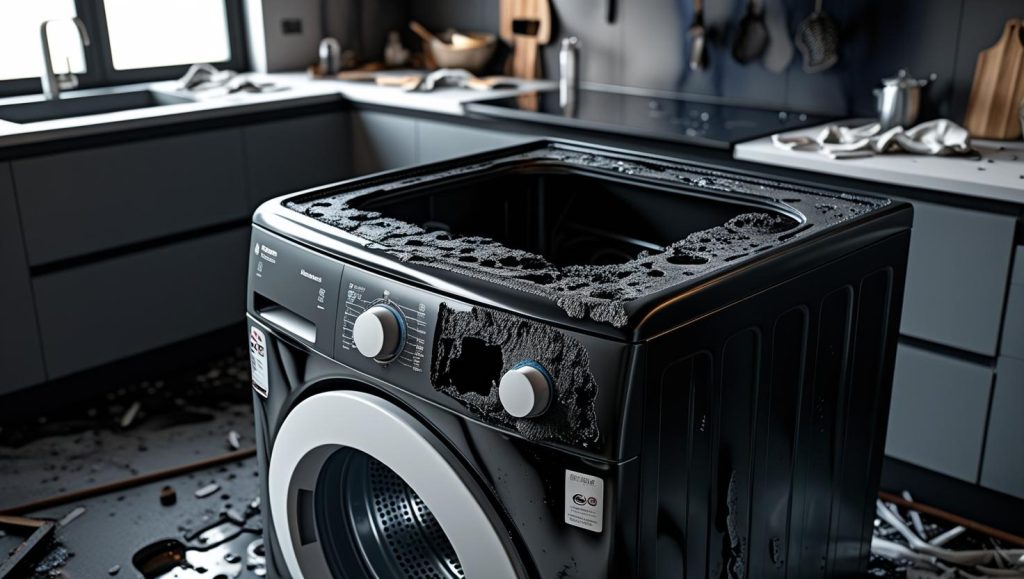
Every year, fires break out in London homes due to everyday household appliances – washing machines, dishwashers and fridges collectively known as white goods.
Data from the London Fire Brigade (LFB) reveals a steady number of incidents linked to these essential items, highlighting an often-overlooked fire risk inside the home.
Nearly one fire a day in London involves white goods, according to the LFB.
Although the number of white goods-related fires has decreased since 2016, the figures remain concerning.
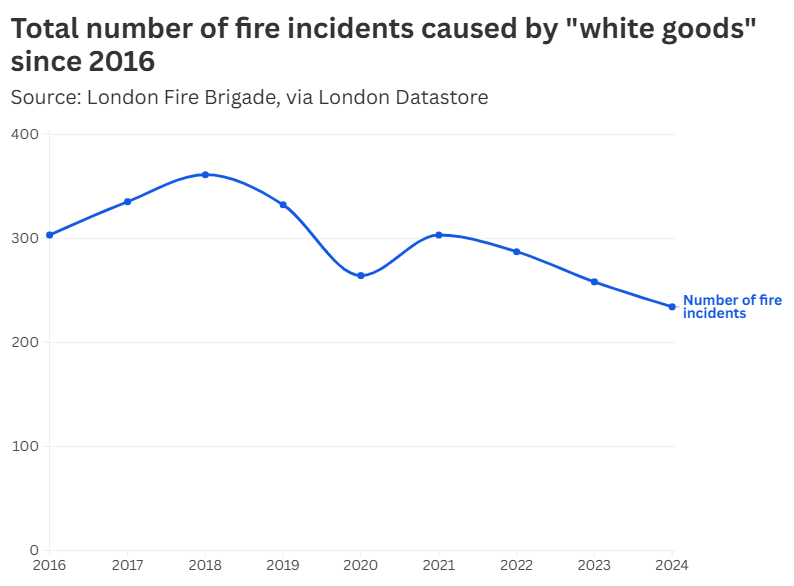
In 2016, the LFB attended 303 such incidents – a number that peaked at 361 in 2018.
Since then, the trend has generally decreased with 234 fires recorded in 2024.
This represents a 35% decrease from the 2018 peak indicating progress, though the number of fires remains a concern.
Despite the overall decline, the type of appliances responsible for these fires remain largely consistent.
In 2024, washing machines were the leading cause, with 73 recorded incidents.
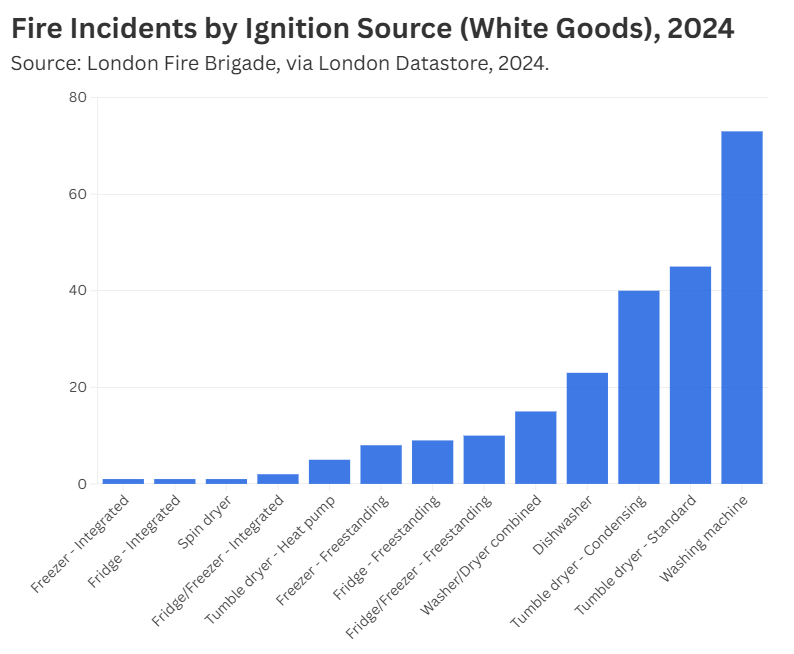
Tumble dryers followed closely, including 45 standard models, 40 condensing dryers and 5 heat pump variants.
Cooling appliances also featured, with 10 fires caused by freestanding fridge-freezers, highlighting that even low risk items can still present dangers.
In total, white goods were involved in 233 fire incidents across London last year.
Beyond the type of appliances, the specific brand or manufacturer can also be a factor in fire incidents.
The LFB records brand information when available and repeated mentions of certain brands across multiple years have raised concerns about faulty components or lack of product recalls.
This highlights the importance of consumer awareness and industry accountability.
Which boroughs are most affected by appliance fires?
While appliance type and manufacturer play a crucial role in fire risk, where these incidents occur is equally important.
The 2024 data reveals notable disparities across London Boroughs with areas like Lambeth, Bromley and Croydon reporting the highest numbers of white goods-related fires.
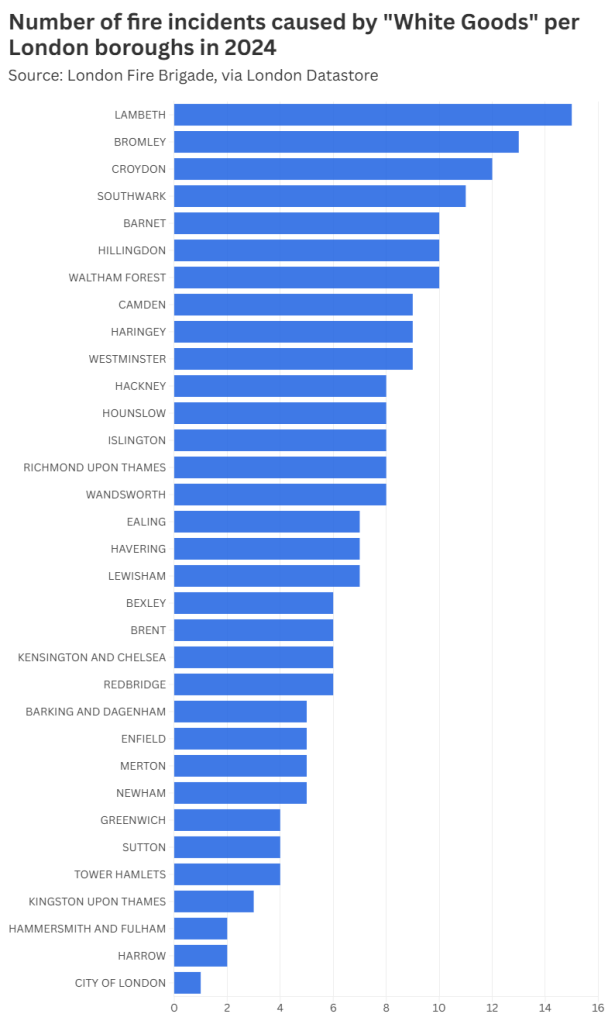
In 2024, Lambeth recorded the highest number of white goods fire incidents with 15 recorded followed by Bromley (13) and Croydon (12).
Other boroughs with relatively high figures include Southwark, Barnet, Hillingdon and Waltham Forest.
In contrast, some areas like the City of London and Harrow reported just one or two incidents.
Residential properties dominate fire incidents
Alongside the geographical trend, the type of property where these fires happen offers further insight into the risks.
The LFB data shows that residential properties account for the vast majority of the white goods-related fires in London.
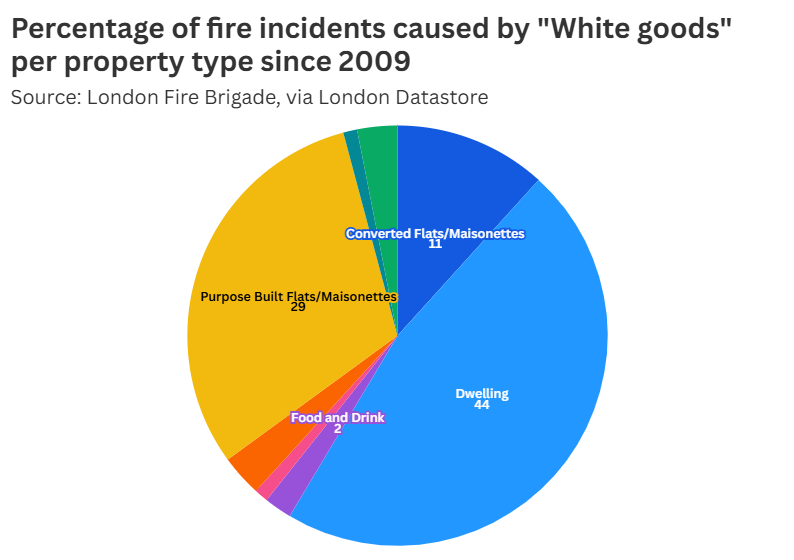
Standard dwellings alone make up 44% of all recorded incidents since 2009.
Purpose built flats or maisonettes contribute another 29% while converted flats account for 11% of incidents.
Combined, these three residentials categories represent nearly 85% of all white goods fire incidents.
The remaining cases are spread across property types such as retail, food and drink establishments, residential homes and medical care facilities, showing that while less frequent, risks persist in non-residential settings.
With the vast majority of these fires occurring in homes–especially in standard horses and flats– the data underscores how closely the issue is tied to everyday domestic life.
Beyond the numbers, Londoners like Sushmita Roy living in East London, share their experience and concerns about white goods safety.
Roy said: “Like many London renters, most of the appliances in my flat are quite old and I actually inherited them from the landlord when I moved in.
“I’m aware that white goods like washing machines and tumble dryers can cause fires, but I don’t always feel confident about how to check if they’re safe or recalled.
“I usually look up recall information online, but I’ve never actually received a safety notice.”
Roy said that she sometimes leaves the washing machine running when she is out and tries not to worry about the risks.
She said: “It would definitely make me feel safer if landlords or property managers carried out regular safety checks.
“I do my best to clean lint filters and keep appliances in good shape, but it’s not always easy with older machines.
Sushmita’s experience highlights common challenges faced by many Londoners when it comes to managing the safety of household appliances.
To help reduce the risk of fires caused by white goods, the London Fire Brigade offers practical safety tips every homeowner and tenant should follow.
Preventing white goods fires: essential safety advice
The London Fire Brigade advise anyone who thinks their appliance is unsafe to stop using it and immediately report the concerns to the retailer, manufacturer or local Trading Standards office.
Regular maintenance is essential by cleaning the tumble dryer filter after every use to prevent lint buildup, a common fire hazard.

The LFB also encourages people to stay informed by checking the government’s product recall list, especially when buying second hand appliances.
Featured image source: Canva
